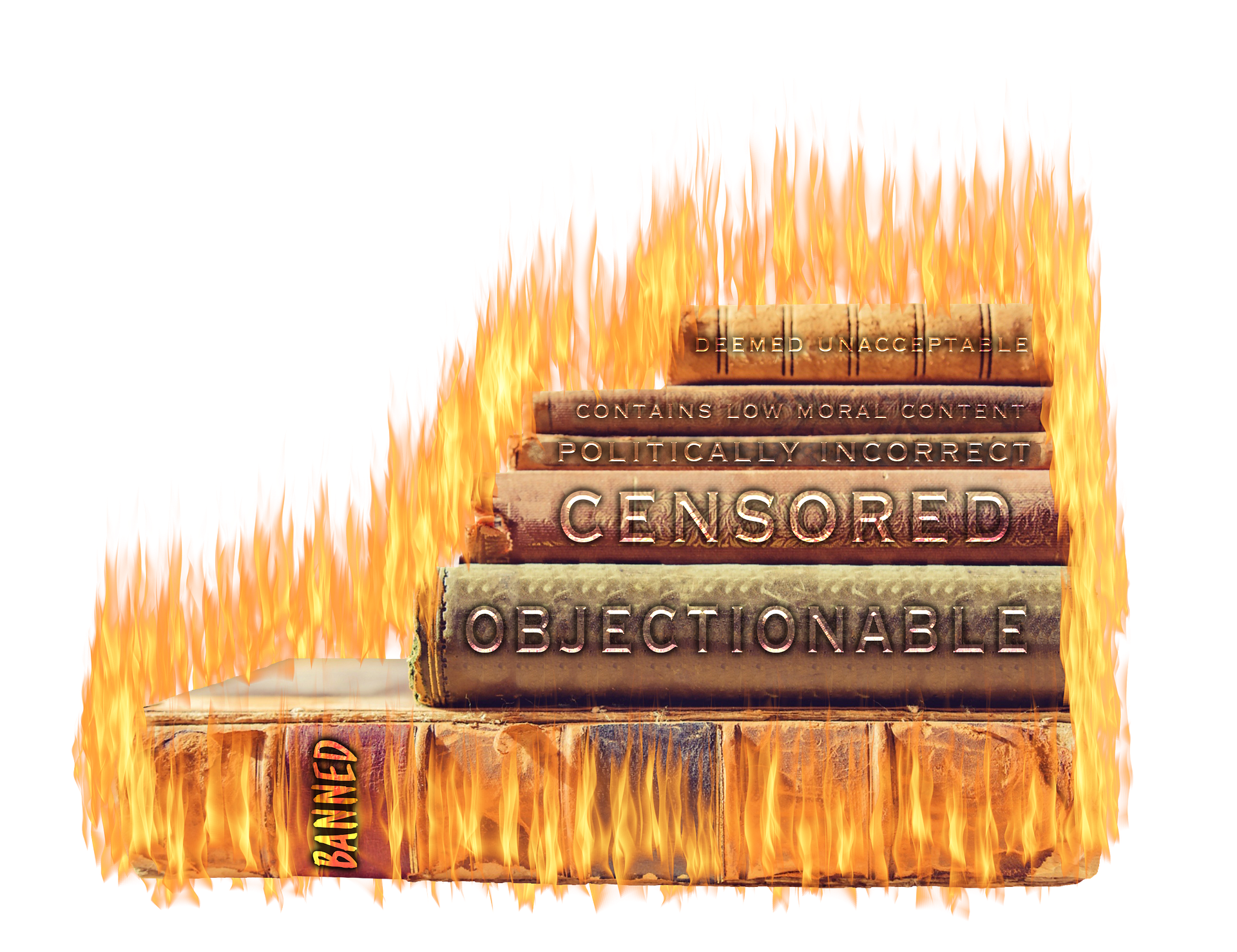 One of the better takes on the recent rewriting-Roald-Dahl fuss was from someone on Twitter who pointed out that their youthful reading had included plenty of Dahl, Enid Blyton and even some JK Rowling… “and I’m woke as fuck!”. I could say similar about my own reading history, and it often annoys me that those who whine and wring their hands about ‘bad’ stuff in children’s books all act as though no kid is ever exposed to, delighted by or even upset by more than a handful of books so all books MUST be pure and virtuous and improving.
One of the better takes on the recent rewriting-Roald-Dahl fuss was from someone on Twitter who pointed out that their youthful reading had included plenty of Dahl, Enid Blyton and even some JK Rowling… “and I’m woke as fuck!”. I could say similar about my own reading history, and it often annoys me that those who whine and wring their hands about ‘bad’ stuff in children’s books all act as though no kid is ever exposed to, delighted by or even upset by more than a handful of books so all books MUST be pure and virtuous and improving.
There really isn’t much clear water between the self-righteous meddlers wanting to stop people reading racist/sexist/homophobic language in fiction and those who want to ban expletives, progressive politics or mentions of sexuality in other people’s literary choices. The more you read, the more your mind is likely to open, and that does include reading horrible shit as well as stories that teach you something important. Given the frankly terrifying approach being taken by the US christofascists at present, it’s probably more important to resist and reject censorship than to embrace it.
Rewriting books according to sensitivity readers might sound like a solution, but it’s (to use an on-topic word) problematic for several reasons. The idea that one or two individuals from a particular category of people can speak for that entire category has always been a daft one. Someone from a loving, supportive family doesn’t have the same LGBTQ experience as someone who was beaten up and thrown out by their parents because of their sexuality; being raised by wealthy professional parents may well reduce the impact of others’ bigotry on your life (though abuse, mental illness, trauma or disability can cause suffering however much money you can throw at the problem).
from a particular category of people can speak for that entire category has always been a daft one. Someone from a loving, supportive family doesn’t have the same LGBTQ experience as someone who was beaten up and thrown out by their parents because of their sexuality; being raised by wealthy professional parents may well reduce the impact of others’ bigotry on your life (though abuse, mental illness, trauma or disability can cause suffering however much money you can throw at the problem).
The role of sensitivity reader also sounds pretty thankless. As with most things which sound virtuous but aren’t, it’s about following the money – and the poor sods doing the actual red-pencilling of stereotypes or slurs generally aren’t the ones getting much of it. While dead authors conveniently can’t object to reworking of their books, surely it would be better for everyone if publishers turned their attention to encouraging a more diverse array of writers with their own diverse perspectives…

